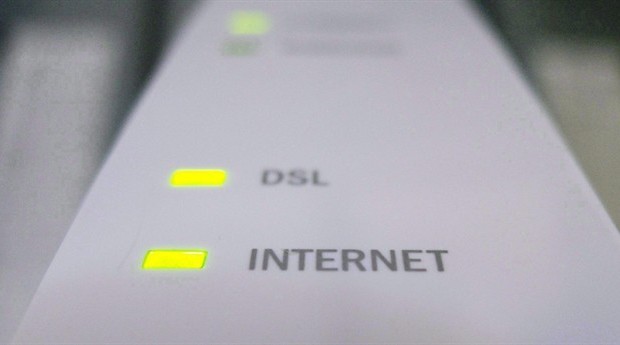-
Tips for becoming a good boxer - November 6, 2020
-
7 expert tips for making your hens night a memorable one - November 6, 2020
-
5 reasons to host your Christmas party on a cruise boat - November 6, 2020
-
What to do when you’re charged with a crime - November 6, 2020
-
Should you get one or multiple dogs? Here’s all you need to know - November 3, 2020
-
A Guide: How to Build Your Very Own Magic Mirror - February 14, 2019
-
Our Top Inspirational Baseball Stars - November 24, 2018
-
Five Tech Tools That Will Help You Turn Your Blog into a Business - November 24, 2018
-
How to Indulge on Vacation without Expanding Your Waist - November 9, 2018
-
5 Strategies for Businesses to Appeal to Today’s Increasingly Mobile-Crazed Customers - November 9, 2018
Big Internet providers must open fibre networks to competitors; CRTC
“Following an extensive review, the CRTC found that the large incumbent companies continue to possess market power in the provision of wholesale high-speed access services and is requiring that they make these services available to competitors”, the commission said in a media release on Thursday.
Advertisement
The CRTC decision focuses on access to high-speed fibre optic cable installed by Canada’s biggest telecommunications companies.
Many smaller competitors say they would prefer to move to a disaggregated model, because they are now forced to pay heavy transport fees to move their data long distances to a single provincial point of access before it crosses over to their own networks. The CRTC said it will allow the big telecoms to charge fees for sharing their cables in order to make a profit on their investments. This measure will ensure that Canadians have more choice for high-speed Internet services and are able to fully leverage the benefits of the broadband home or business.
“The commission took a great step today in favour of competition”.
There are more than 500 independent ISPs operating in Canada, under names including Distributel, Teksavvy and Primus.
Both phone and cable companies will be affected by a separate part of the ruling that they will have to provide wholesale landline services on a “disaggregated” basis, meaning the access they sell must be packaged in smaller sizes.
The CRTC believes the change will open up new market space for internet providers who want to serve only a particular region, rather than an entire province.
The CRTC responded that big telephone companies would have to continue to invest in fiber optics in response to consumer demand and to be able to compete effectively with cable companies, with their faster coaxial cables.
“For independents to offer viable, alternative choices to Canadians, they too must have access to that telecom infrastructure”.
Under the same ruling (available here), the requirement to share copper facilities for local phone service and lower-speed Internet access will be phased out. The CRTC declined to mandate access to Internet backhaul services, known as “ethernet”.
The new rules “will have a profoundly positive impact on Canadian consumers, competition, and competitors”, said William Sandiford, president of the Canadian Network Operators Consortium, which represents 37 telecommunications services providers across the country.
Consumer advocate group OpenMedia.ca also praised the ruling, calling it the “first step towards ensuring small independent ISPs are able to sell fiber Internet in Canada, which should expand access and affordability for users”.
Advertisement
But the ruling also contains some solace for the big providers.





























